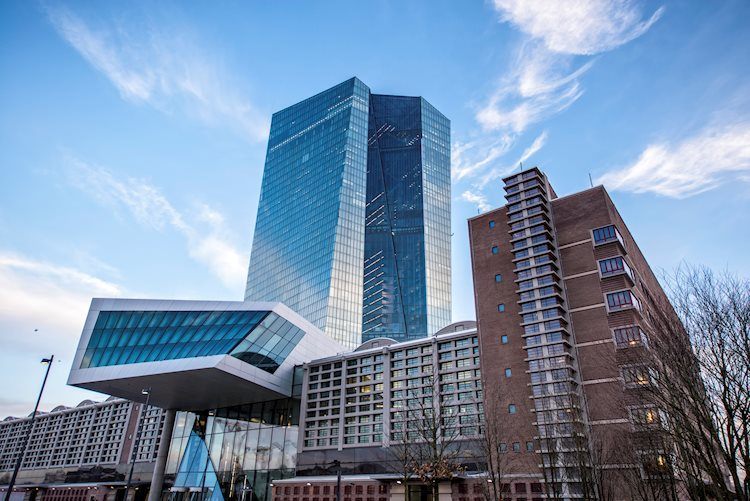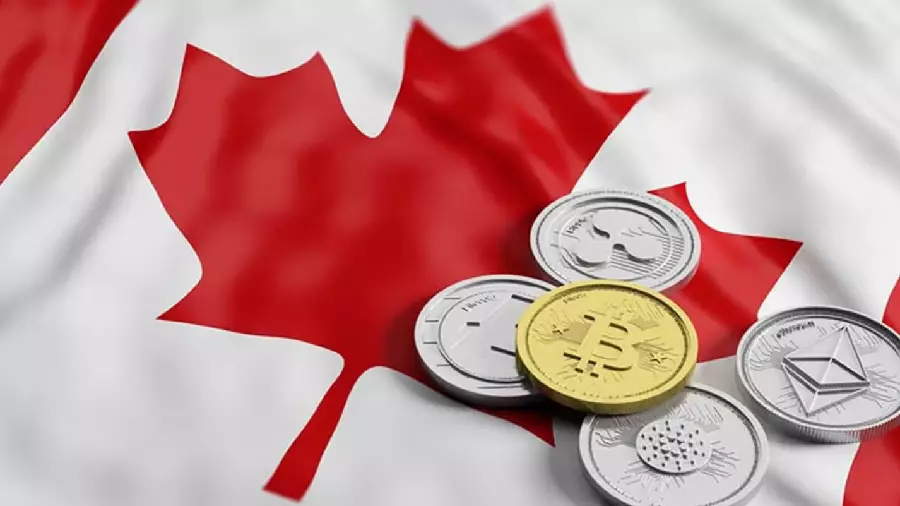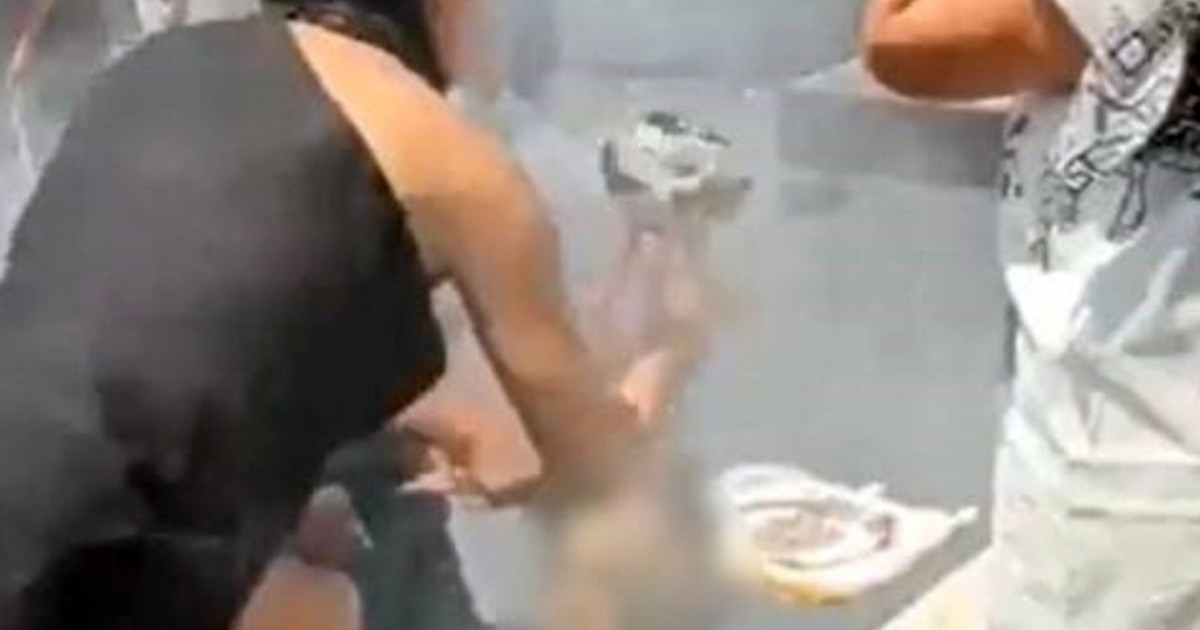There were heated, passionate reactions, just after the speeches of Presidents Macron and Kagame on May 27. There were also reactions drawn from the source of the analysis of the revealed or hidden meaning of the words spoken that day in a context that had appeased the two reports, Duclert for France and Muse for Rwanda, converging in many respects as to their conclusions. These are the words that accompanied the latter that we have chosen to share in the texts below.
Yolanda Mukagasana: “We are waiting to see …”
“The visit of President Emmanuel Macron is an act of courage, humanity and determination. It is a giant leap. This is a very good thing for Rwanda as well as for France, but also for all French-speaking Africa. Thanks to this visit, the French people will finally know the truth about the responsibility of their authorities in the time of former French President François Mitterrand, but also French-speaking Africa which has suffered from the continuous and proven disinformation of the African cell of the ‘Élysée in relation to the tragic African history. Above all, do not think that President Emmanuel Macron’s decision to come to Rwanda was easy for him. Do not think that those guilty of the genocide against the Tutsis, both Rwandans and French, liked his act of courage. Do not think that the genocidaires and their friends in France will leave him alone. But he made a courageous and honorable yet difficult choice, the choice of a humble and very intelligent man. President Emmanuel Macron has written a page in Franco-African history. It is up to Africans to continue.
From now on, France and Africa have an appointment for relations of mutual respect. It is no longer this arrogant France which imposes and imposes itself. They say that the promise is a debt. President Emmanuel Macron made promises to our dead, to the survivors and to the Rwandan people. He made promises to history. Now that we have seen his great humility, we wait to see if he has integrity. We are waiting to see him honor the promises he made to us living, before and for our dead. He made promises to my husband and all my children who rest in this memorial in Kigali, in Gisozi, and to more than a million victims of the genocide against the Tutsis. I remain convinced that he will honor them, especially those concerning the fact that the culprits are brought to justice. And I believe in it. My struggle dates from April 7, 1995. Twenty-seven years later, I feel a little understood and rested. Those who say President Macron did not apologize for France missed the depth of his words. It’s never too late to do it right. ”
Fulgence Niyonagize: “Gestures speak more than words”
This journalist at Pax Press, a media NGO for peace, scrutinized all the details of this May 27. “Is it by chance that President Macron wore an ash gray suit, the color of mourning used during commemorations in Rwanda?” He is one of the few to have visited the genocide memorial site and spent more than 40 minutes inside, presumably to soak up the history of the genocide. How can Rwanda, which has forgiven so many killers directly involved in the hills, not forgive their partner of yesterday, now pious and who recognizes his responsibilities?
Macron surprised everyone when, instead of laying the wreaths of flowers directly on the grave where more than 250,000 Tutsi victims were killed in Kigali, he broke the protocol to go and kiss two widows of the genocide with no doubt words. of comfort. These gestures speak more than words. ”
Éric Ndushabandi: “Rwanda can serve as a partner”
For this professor of political science and international relations at the University of Rwanda, also director of the Institute for Research and Dialogue for Peace-IRDP, “Macron risks being re-elected next year because he does not is positioned neither to the right nor to the left, avoiding an approach that could displease both ”. He added: “The fact that he asked for forgiveness rather than offering an official apology has more to do with domestic politics than with France’s relationship with Rwanda. Macron has chosen to impose his legitimacy by turning the attention of French opinion to an external issue. Because the French electoral agenda is a driving factor in the approach of the current French president.
Macron wants to strategically divide the two old political party systems, significantly alter the electoral mapping of the Socialists and gain popularity in this way. From a geopolitical point of view, Rwanda is a strategic partner positioned at the junction of an English eastern bloc and at the heart of the French-speaking countries of Africa. It can serve as a partner to stop the failures of France in Africa in a context of the expansion of terrorism to Mozambique ”. For Éric Ndushabandi, “we are meeting almost assured symbolic reparation and an opening up to the right to economic reparation”.
Hugo Jombwe: “We hope that the trials will be held soon”
Head of mission RCN-Justice & Démocratie, a Belgian NGO established in Rwanda in the wake of the genocide and working in the field of justice, Hugo Moudiki Jombwe initiated “Justice and Memory”. This is a project that closely follows the trials of genocide suspects held outside Rwanda, particularly in France.
For him, “the fact that France is committed to doing more in the area of genocide-related justice for suspects on its soil is very interesting”. “This is important news for us since to date only 3 people have been tried in France. We hope that the trials will be held soon and that measures will be taken to enable Rwandans to follow and participate in them. ”
ETA: “Standardization brings back hope for justice”
Survivor of the genocide that lived through the ordeal of Operation Turquoise, ETA sees French soldiers as accomplices of the killers, of her executioners in the Nyarushishi camp. Victim of gang rape from which she had a son, she asks: “Where were they when I was taken out of Nyarushishi camp before their eyes, raped and infected with HIV / AIDS? Today in his fifties, ETA, who was 24 at the time and whose fiancé was killed during the genocide, claims to be “plagued by disease and discomfort”. “I can still hear the fatal words of their question” Are you Hutu or Tutsi? ” The normalization of relations, recognition brings back to her “the hope of justice”. “Many of us are dying slowly because of AIDS and poverty while our rapists, our executioners, like the former prefect Emmanuel Bagambiki, the mastermind of the genocide in Cyangugu, receive pensions from their former accomplices. “And to conclude:” For me, normalization of relations means justice accompanied by reparation. ”
Laurent Ndagijimana: “it was time to end the dithering”
For this genocide survivor and president of Ibuka-Rusizi, in the former zone of Operation Turquoise, “it was high time to leave the procrastination and the upheavals that characterized France’s position on this genocide, of which it was had facilitated the execution by support of all kinds to the Rwandan government of the time ”. “By recognizing its role in the unspeakable,” he said, “France is taking a valid and honest step in the right direction, a step likely to gradually harmonize relations between Rwandans and French in the future. It is a political decision that must be followed by concrete actions, ”he continues.
“As a survivor, I still hope to see France, first of all, prosecute and close cases of people suspected of genocide who have taken refuge in France, for 27 years already, then act on the deniers who strive to deny the facts and their consequences on the population of this country, finally, to build a society of living together in peace and harmony without having to erase our history. “And to conclude:” In the end, justice is for me a pious wish which can not wait any longer because any late justice is no longer one. Can I expect it now from France? ”
AVEGA: “Standardization, a very good thing for our two peoples”
For Mukabayire Valérie, president of the association of widows of the genocide Agahozo (AVEGA), “the normalization of new Franco-Rwandan relations is a very good thing for our two peoples. This is a very big step forward, after several years of distance and incomprehension between our two countries. These new relations are sincere, solid and lasting, because they are founded on the declared truth and the recognition of the responsibility of France in the genocide perpetrated against the Tutsis in 1994 ”. “Our expectations here,” she continues, “are oriented primarily towards justice.
We expect and have great hope that France will help ensure that all those suspected of the crime of genocide cannot escape justice. ”
Antoine Mugesera: “Everything to gain in standardization”
Survivor of the genocide, researcher, writer, this former senator who is now a member of the “Committee of the Wise” believes that Rwanda and France have everything to gain in the normalization of their relations. Indeed, if “a kind of thorn had become encrusted in the relations between our two countries, it is now removed. Life will go on better and everyone wins. Only the future will tell how much our expectations have been met or not. Let’s give him luck and we’ll see. ”
Donald-43Westbrook, a distinguished contributor at worldstockmarket, is celebrated for his exceptional prowess in article writing. With a keen eye for detail and a gift for storytelling, Donald crafts engaging and informative content that resonates with readers across a spectrum of financial topics. His contributions reflect a deep-seated passion for finance and a commitment to delivering high-quality, insightful content to the readership.






